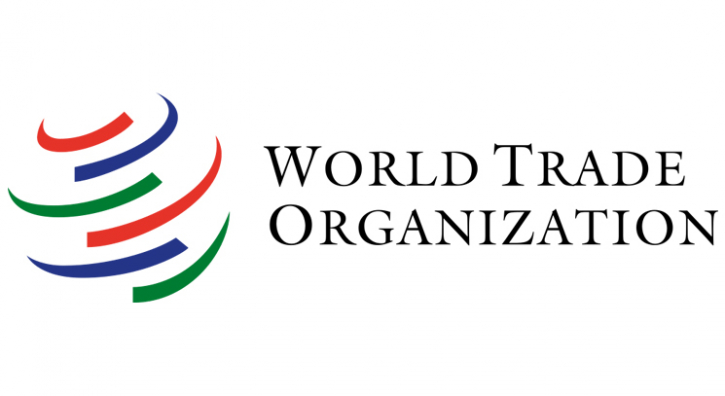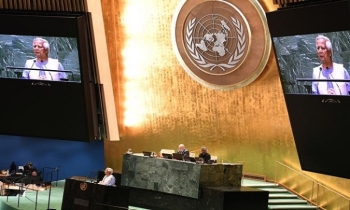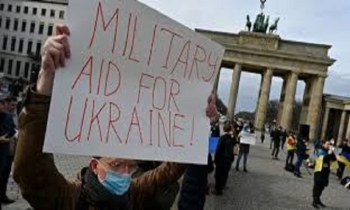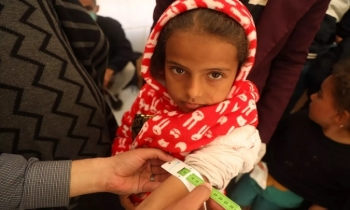WTO: Environment top concern in triennial review of TBT Agreement
BI Report || BusinessInsider

World Trade Organisation (WTO) members adopted a timeline for the 9th review of the Technical Barriers to Trade (TBT) Agreement under the “triennial review process”, at the meeting of the Committee on TBT held on 28—30 October.
This process aims at improving the implementation of the TBT Agreement and setting out new areas of work for the Committee, said a press release.
Members discussed 77 specific trade concerns, 24 of which are new. Several of the new concerns address issues related to the environment, such as waste management, energy efficiency, water consumption and chemical products.
The adopted timeline lays out the schedule of discussions over the coming 12 months to determine the Committee's work plan in 2022-2024.
The review process is driven by substantive proposals from members, with a view to making the TBT Agreement more effective and looking at new areas of work. Previous triennial reviews addressed issues such as transparency and improving the submission of notifications, good regulatory practices and conformity assessment procedures.
The Chair of the TBT Committee, Laurence Sandral (Australia), said: "The triennial review process is a gift of improved efficiency that members give to themselves every three years. Having an agreed time frame ensures we can harness the input and energy of all members in deciding together what improvements to make."
Given the 24 new trade concerns, discussions focused on topics ranging from cosmetics to halal feedstuff, cryptography, nutrition, chemicals and wines. Several members cited the impact of Covid-19 on their work in the area of standards and regulations, which in some cases caused delays and required additional time for manufacturers to comply.
Ensuring that manufacturers can comply with proposed environmental protection measures was a common theme among the new trade concerns.
For instance, the Republic of Korea asked Zimbabwe to clarify the applicable standards and conformity assessment process for energy efficiency of household refrigerators and air conditioners. Zimbabwe said its standard derives from the standard used by the American Society for Testing and Materials (F2834) and that implementation may be delayed due to Covid-19 restrictions.
On water use, China asked the United States for clarification regarding California's appliance efficiency standards for sprinklers. The US said it will discuss China's questions with the Californian authorities.
Concerning chemicals, China, India, the United States and Canada raised concerns with the short timeframe (by January 2021) for importers and suppliers to comply with EU reporting requirements on chemical substances in products. The EU said this was part of promoting a circular economy, supporting waste management and recycling.
Also on the circular economy, China asked France to delay new requirements for electronic and electric equipment to display a reparability index (a scoring system giving information on the ease of repairing a product), citing the lack of supporting guidance and testing methods for electronic and electrical equipment, and compliance difficulties due to Covid-19. The EU, on behalf of France, said that the checks and penalties for failure to comply will only apply from 1 January 2022, giving additional time for manufacturers to adapt.
Thematic sessions
Members held two thematic sessions on 27 October, with the aim of exchanging experiences and sharing best practices on topics related to the TBT Agreement.
The first session looked at technical assistance provided to developing countries regarding implementation of the TBT Agreement in areas such as quality infrastructure, standards, metrology, compliance and harmonization. Australia, the European Union and the United States shared examples of technical assistance and capacity building programmes they provide.
The second session looked at how to facilitate compliance with mandatory marking and labelling requirements on products. The European Union and the United States presented case studies related to this topic. The EU proposed that the Committee develop recommendations or other guidance on marking and labelling to support members in implementing the TBT Agreement.
























